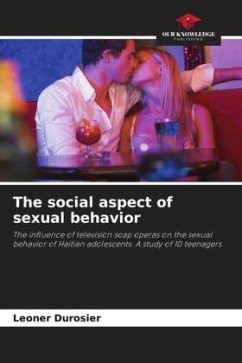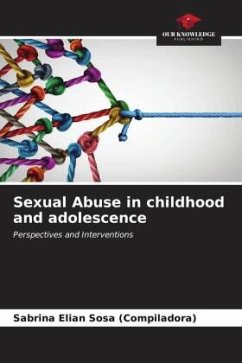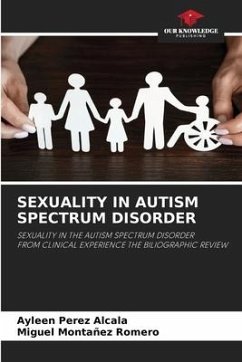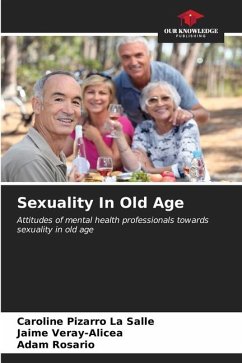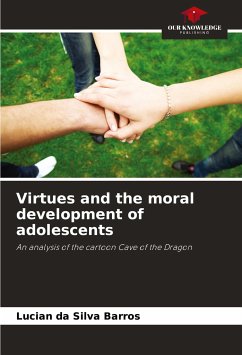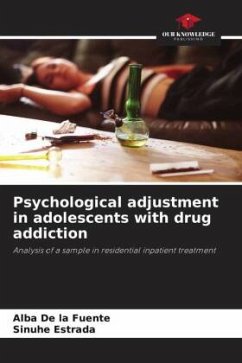
Promiscuity and unprotected sexual intercourse in adolescents
late stage of the city of Quito
Versandkostenfrei!
Versandfertig in 6-10 Tagen
52,99 €
inkl. MwSt.

PAYBACK Punkte
26 °P sammeln!
At birth, we all have certain physiological characteristics that define our biological sex; however, the integrality of a person is composed of everything that he or she learns later and of the relationships that allow us to become social beings. However, there are practices related to sexual behavior that may be considered risky due to the consequences they may entail. Therefore, delving into the subjectivity of adolescents allows us to have a more accurate view of the motivations that drive adolescents in their sexual behavior, as well as to understand the sociocultural factors that guide an...
At birth, we all have certain physiological characteristics that define our biological sex; however, the integrality of a person is composed of everything that he or she learns later and of the relationships that allow us to become social beings. However, there are practices related to sexual behavior that may be considered risky due to the consequences they may entail. Therefore, delving into the subjectivity of adolescents allows us to have a more accurate view of the motivations that drive adolescents in their sexual behavior, as well as to understand the sociocultural factors that guide and maintain these behaviors as a public health problem.In this regard, the following qualitative research with a descriptive design is presented, hypothesizing as a guide, that the sociocultural factors that allow learning and structuring of the personality to carry out risky sexual behaviors are: the family, the peer group, sex education provided in the educational institution and the media,including social networks.



